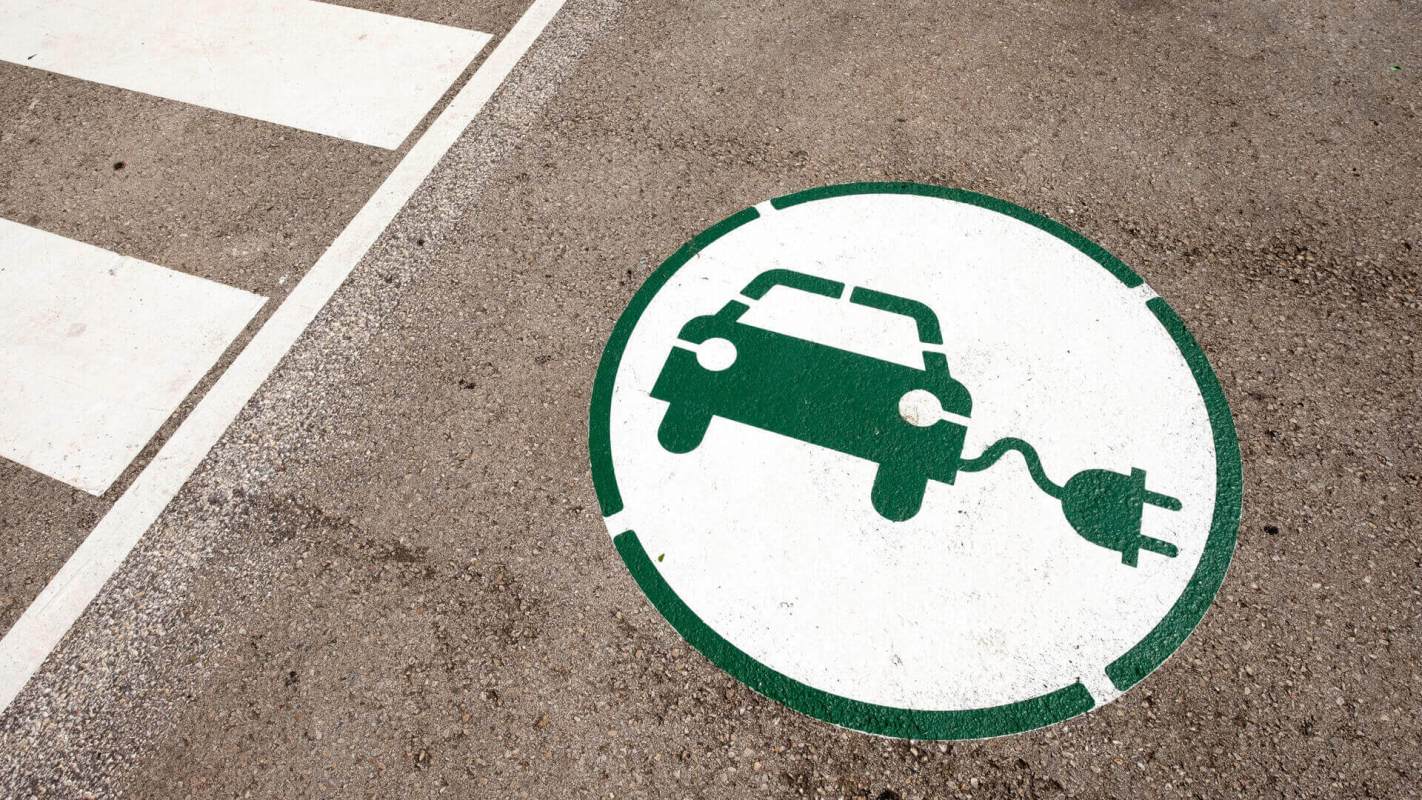Detroit transportation officials are planning to inlay technology into pavement that could allow drivers to charge their vehicles on the go.
Over the next two years, the Michigan Department of Transportation hopes to create the first wireless charging system on public roadways. This could be a turning point for electric vehicles' efficiency, cost, and longevity.
"This is a great solution to a problem we have today of how to get to zero emissions," Tallis Blalack, managing director of the ASPIRE Engineering Research Center at Utah State University which concentrates on electric vehicle infrastructure, told Stateline. "If we do this correctly, we can decrease the costs of transportation for everyone."
Officials plan to implement electromagnetic inductive charging — similar to the technology used for wirelessly charging smartphones — into two roads in Detroit. They will embed coils into the pavement that will transmit magnetic energy to receivers attached to the bottom of electric vehicles that will charge them wirelessly.
While Michigan is leading the charge, officials in Florida, Indiana, Pennsylvania, and Utah are also testing similar techniques on public roads over the next few years. If successful, they can install inductive charging along sections of highways across the country.
While switching to electric is better for the environment, electric vehicle owners sometimes struggle with locating charging stations, waiting for their battery to charge, and driving long distances. However, electrifying roads and highways can eliminate these drawbacks for current and prospective EV drivers.
The average passenger vehicle emits 5.07 tons of harmful carbon pollution annually. In comparison, electric vehicles usually have a smaller carbon footprint, even when factoring in the electricity used for charging. They emit no tailpipe pollution and are an environmentally friendly alternative to gas-powered cars.
Adding charging infrastructure to roads and interstate highways can make switching to electric vehicles easier, cheaper, and more efficient for consumers while decreasing automotive pollution.
This technology could also make electric freight trucks possible. Long-haul trucks disproportionately contribute to air pollution in comparison to consumer vehicles, but converting trucks from gas to electric is costly and difficult to achieve.
Installing large electric batteries in freight trucks costs about $150,000, and they weigh 20,000 pounds. With inductive charging systems on highways, manufacturers and businesses can more easily convert trucks with smaller, cheaper batteries.
Officials plan to test this technology by fall 2023 using a quarter-mile roadway near Michigan Central Station. They will also introduce inductive charging to a bustling commercial street bordering downtown Detroit in 2024, using an electric bus and delivery vehicles.
If successful, these projects could help consumers and businesses save money, decrease pollution, and travel greater distances in electric vehicles without the headache.
Want more? Follow The Cool Down on Instagram and join our Weekly Newsletter for cool stories and easy tips that save you money, time, and our planet.








